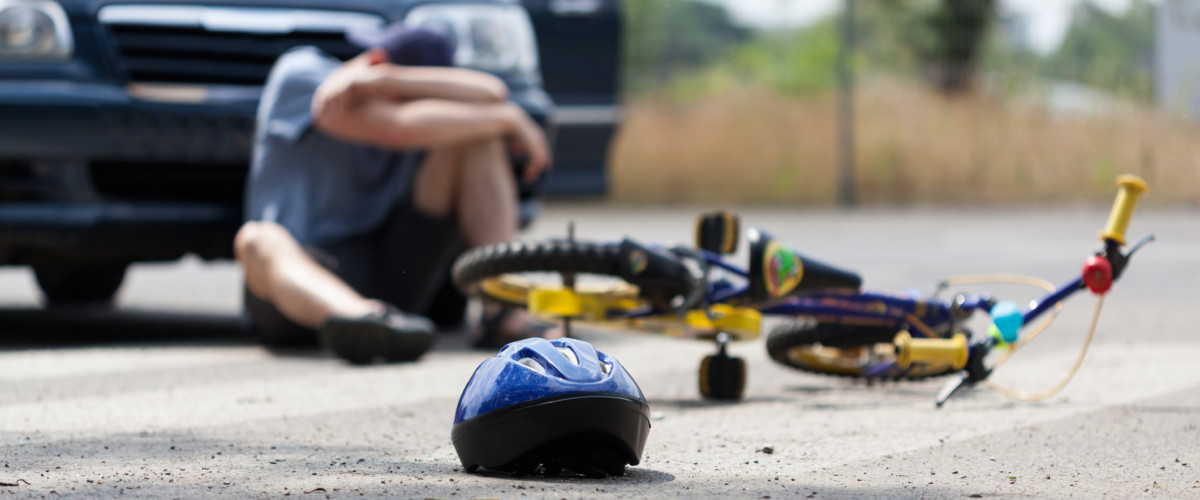Would You Drive Blindfolded?

Another cyclist died. Killed by a car. This cyclist was a brilliant 25-year-old teacher who led a group of cyclists on a cross-country trip to raise money for affordable housing projects. It happened on a Thursday morning in Oklahoma. The driver apparently reported to police that she had been looking down at her cell phone when she struck two cyclists, killing one. Two years ago, on a Tuesday in Arkansas, a recent high school graduate was killed while she rode her bike across the U.S. The driver, who plowed into a group of cyclists, hit them because he was distracted while driving. These are just two stories. There are many, many, many more.
So, would YOU drive blindfolded? Of course not! What a silly idea. And, yet, far too many drivers do drive blindfolded – or the close equivalent. They drive distracted – look down at their cell phones, texting, talking on the phone, checking emails. Some engage in non-tech based distractions such as eating, talking to their kids in the back seat, or putting on make up. Others are “impaired” by alcohol, drugs, illness, age, or limited abilities. Regardless of the distraction or impairment, it is just as dangerous as driving with a blindfold on!!
People refer to these tragic episodes as “accidents,” perhaps because they know the people who caused the deaths of these precious people didn’t intend the result and perhaps because it is just too painful to believe that a person who is in a place they are lawfully allowed to be in, doing something they are lawfully allowed to do, could be needlessly killed, due to no fault of their own. The world is cruel and it is painful to think of such things. But these tragedies are not “accidents.” They don’t “just happen.” They don’t “have to happen.” And, yet, they do.
These tragedies occur because the drivers of these cars – a deadly machine if used improperly – chose to drive with a blindfold on. At that moment in time, for whatever reason, that driver chose not to control the potentially deadly machine they were operating and, instead, chose to take control of their cell phone or they chose to drive when they were impaired in some form. They made a choice to engage in reckless, deadly behavior and, as a result, an innocent person died. These tragedies are not “accidents,” they are the predictable result of reckless behavior. If you have checked your email, texted, or been distracted or impaired while driving, it doesn’t mean you are a highly skilled distracted or impaired driver – it just means you have been lucky. And the people that you drove by have been lucky, too. But, luck isn’t enough to save a life.
I am absolutely sure that the drivers who killed these precious cyclists, just like the drivers who have killed other cyclists, runners, pedestrians, passengers, and drivers, wish they could take back what they’ve done. I’m sure it changed their lives immeasurably, too, and that this is a shame they will carry with them forever. We honor all the lives impacted by distracted and impaired driving when we acknowledge that we could just as easily be the driver as the cyclist and we vow not to drive blindfolded.
Deborah Nelson
